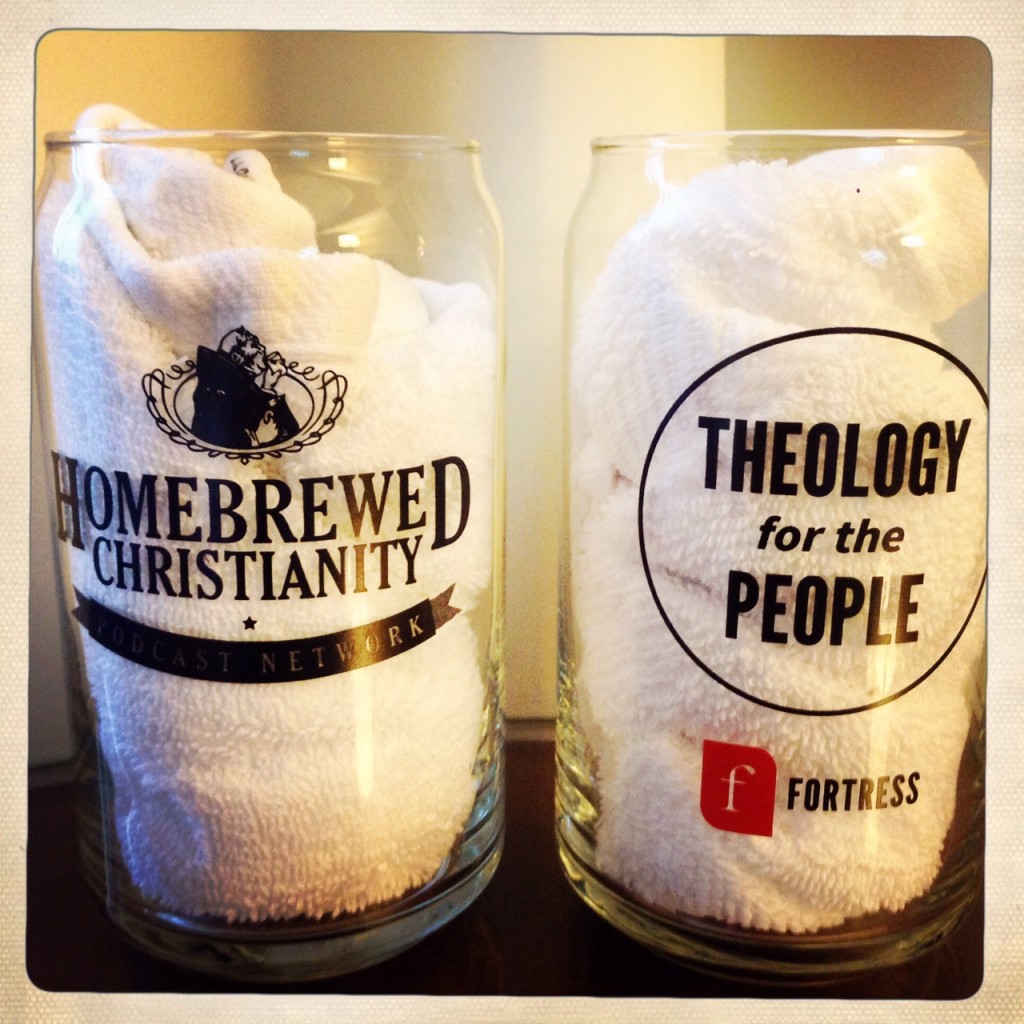Part of a week-long discussion of The King Jesus Gospel: The Original Good News Revisited by Scot McKnight
What’s the bottom line of Scot’s book? I think it’s this:
“We want to know what the first gospel was really like. We want to know how the first generation of apostles evangelized, and we want to know how that early gospeling compares to what we call evangelism and the gospel today.” (p. 114)
Scot wants to get back to the apostolic gospel, the first gospel. The real question, however, is this: Is a quest for the original gospel a fool’s errand?
A long line of individuals and groups precede Scot in the quest for an originalist reading of the gospel text. In the last couple years, I’ve spent time with folks in the Church of Christ tradition — they were birthed by the Stone-Campbell Restorationist Movement, a turn-of-the-century attempt to get back to the original gospel.
Also in this camp — also sometimes called primitivists — are the Hussites, the Amish, the Separatists, the Zwinglians, and the Puritans. You might argue that both Calvin and Luther were ultimately interested in the original gospel.
And today, as Scot acknowledges, he’s part of a group of evangelical scholars, the dean of whom is NT Wright, who are trying to shed the accoutrements that evangelicals have added to the gospel and get back to the gospel that the apostles lived and preached.
This is a valid quest. There’s no question about it. But one cannot be naïve about it, and the list of failed attempts to live a primitivist Christianity should humble anyone who is on this path. (For example, just ask a professor at Pepperdine to defend the lack of instrumental music in worship as a characteristic of the apostolic gospel.)
But I am not a biblical scholar. My field is practical theology, which is by its nature rooted in the contemporary situation. So I tend to be dubious about the quest for the apostolic gospel. I don’t think it’s possible to go back, only to go forward. In fact, I think that the Apostles were wrong about many things, like whether the Earth is flat or spherical. We know more than they did, so our understanding of many things — the gospel included — is built upon the record they left us, but it isn’t foreclosed by that record.
Further, I tend to believe that the Holy Spirit has continued to elucidate matters of the gospel in the centuries since the canon was closed.
I don’t think Scot disagrees with any of this. But his vocation — that of evangelical biblical scholar — drives him to text, and to uncover and recover what we’ve been missing in the text. And, in that regard, this book is a helpful tool. Indeed, I think that for evangelicals, this book and this quest are essential.
Do you think that “getting back to the apostolic gospel” is possible? If so, is it beneficial?











